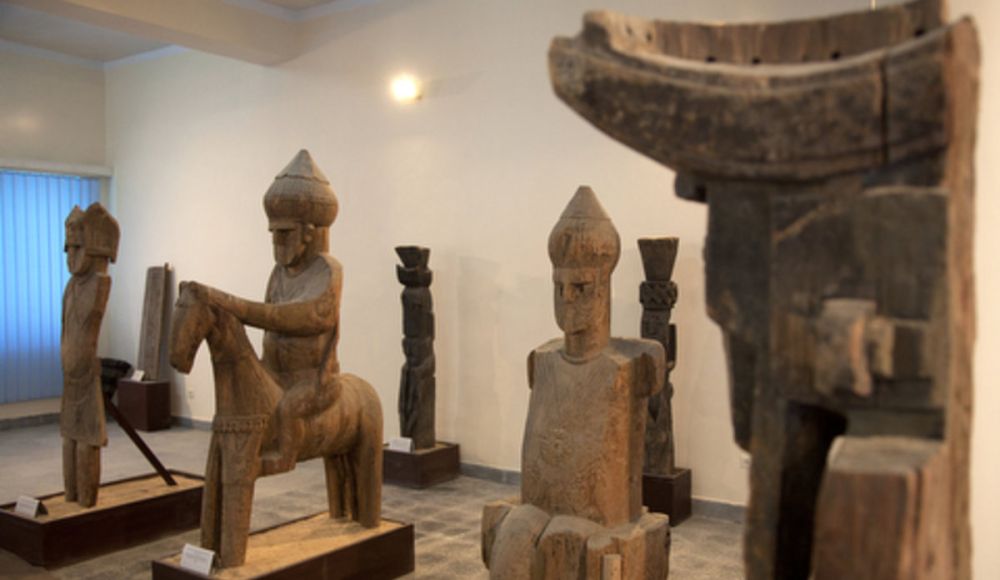

The Kabul Museum, also known as the National Museum of Afghanistan, is a historical beacon in Kabul, drawing visitors from around the world to witness the rich cultural legacy of the region. Founded in 1919 during the reign of King Amanullah Khan, the museum has endured the turbulent history of the country, reflecting its resilience and significance.
The Kabul Museum’s collection was once considered one of the most significant in Central Asia, boasting artifacts that spanned several millennia. From prehistoric tools to classical treasures from the era of the Silk Road, the museum presented an array of exhibits covering the country's Greek, Buddhist, Hindu, and Islamic periods.
During the late 20th century, the museum suffered greatly due to conflict. The civil war in the 1990s damaged the building, and many of its priceless artifacts were lost or looted. However, following the Taliban's ousting in 2001, efforts to restore and catalogue the remaining collection commenced, signifying a strong commitment to preserving Afghanistan’s history.
In recent years, despite challenges, there has been a keen interest in cultural heritage tourism in Afghanistan. Tourists and scholars alike are drawn to the museum to study and appreciate the relics that tell the story of a land at the crossroads of civilizations.
International partnerships and ongoing restoration projects are pivotal in the resurgence of the Kabul Museum. These efforts have resulted in several exhibitions both within Afghanistan and abroad, allowing a wider audience to experience the country's unique cultural heritage. With these initiatives, the museum plays a crucial role in promoting cultural understanding and preserving Afghanistan's historical narrative for future generations.
For those planning a visit, the Kabul Museum offers a glimpse into Afghanistan’s storied past. Despite the occasional closures due to security concerns, the museum strives to remain accessible to both locals and international visitors. It is not only a repository of artifacts but also a symbol of hope for a country looking to rebuild and reclaim its place as a cultural crossroads.
Note: It is important for potential visitors to check the current security situation and travel advisories before planning a trip to Kabul or the Kabul Museum. ``` Keep in mind that travel to Kabul and Afghanistan, in general, may not be advisable due to safety concerns, depending on the current situation. Always consult your country's travel advisories before planning a visit.